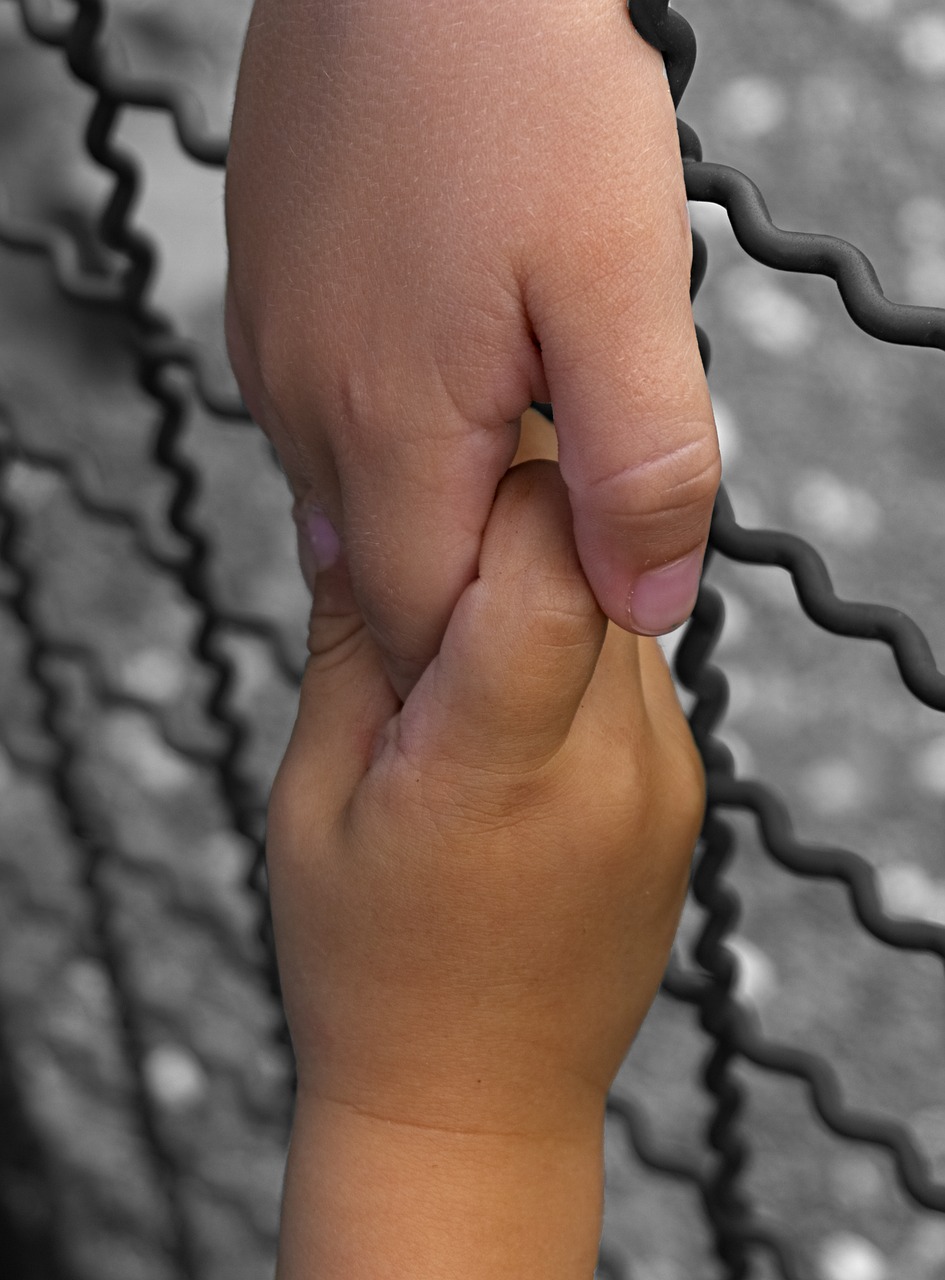
SAN DIEGO – Immigrant parents who reveled after joyful reunions with their young children spoke Wednesday of the traumatic impact of being separated from their sons and daughters for months after they were taken from them at the U.S. border.
The administration has been scrambling to reunify the families this week to meet the first of two deadlines set by a federal judge in San Diego who ordered thousands of children be given back to their immigrant parents. Scores of children separated from their families were sent to government-contracted shelters or foster care hundreds of miles away from where their parents were detained.
A Honduran man, identified only by his first name, Roger, was happy to be back with his 4-year-old son, who sat on his lap and played with the microphones as the father spoke to reporters. The father said he was still shaken by the ordeal he had to go through just to speak to his boy while he was in government custody. The two were separated in February.
He described feeling a pain in his heart and like he couldn’t breathe after his son was taken away. The father held up his wrist and told reporters that after they were separated, he threatened to use a razor on himself if he couldn’t speak to his son.
He spoke Wednesday at Annunciation House, an El Paso, Texas-based shelter, along with another father recently reunited with his child. They arrived there Tuesday.
“I was completely traumatized,” the father said in Spanish. He added later: “Every time I spoke to him, he would start crying. Where are the rights of children? I thought children were supposed to be a priority here in the United States.”
The father said he planned to live with relatives in the United States as his asylum case is processed, which could take years.
It wasn’t immediately clear how many children remain in detention facilities.
Late last month, U.S. District Judge Dana Sabraw in San Diego set a 14-day deadline to reunite children under 5 with their parents and a 30-day deadline for older children. He asked the government to return to court Friday to give an update on how many families had been reunited.
In trying to meet the first deadline, the government began with a list of 102 children potentially eligible to be reunited and whittled that to 75 through screening that included DNA testing done by swabbing the inside of the cheek.
Of those 75, Justice Department attorneys told the court the government would guarantee 38 would be back with their parents by the end of Tuesday. They said an additional 17 could also join their parents if DNA results arrived and a criminal background check on a parent was completed. It was not known Wednesday whether that happened.
Government attorneys told Sabraw that the Trump administration would not meet the deadline for 20 other children under 5 because it needed more time to track down parents who have already been deported or released into the U.S.
Sabraw indicated more time would be allowed only in specific cases where the government showed good reasons for a delay.
The administration defended its screening, saying it discovered parents with serious criminal histories, five adults whose DNA tests showed they were not parents of the children they claimed to have, and one case of credible child abuse.
The administration faces a second, bigger deadline _ July 26 _ to reunite more than 2,000 older children with their families. Immigration attorneys say they already are seeing barriers to those reunifications from a backlog in the processing of fingerprinting of parents to families unable to afford the airfare to fly the child to them _ which could run as high as $1,000.
In New York, attorney Michael Avenatti_ the lawyer best known for representing the porn actress Stormy Daniels_ said it took two tries plus a series of tweets Wednesday before he was allowed to see two Honduran girls, ages 9 and 5, who were separated from their family at the border in June, and sent to New York.
After Avenatti tweeted a complaint about not being allowed in to the Cayuga home for children in East Harlem, he said he got a call from the centre assuring him he could see the youngsters. A lawyer for the Cayuga Centers declined to comment.
Avenatti wants U.S. immigration officials to allow the girls’ father, Hector Santos, to be allowed to travel to New York from Texas, where he is wearing a monitoring device. He said that until a week ago, the agency did not tell the father where his daughters were.